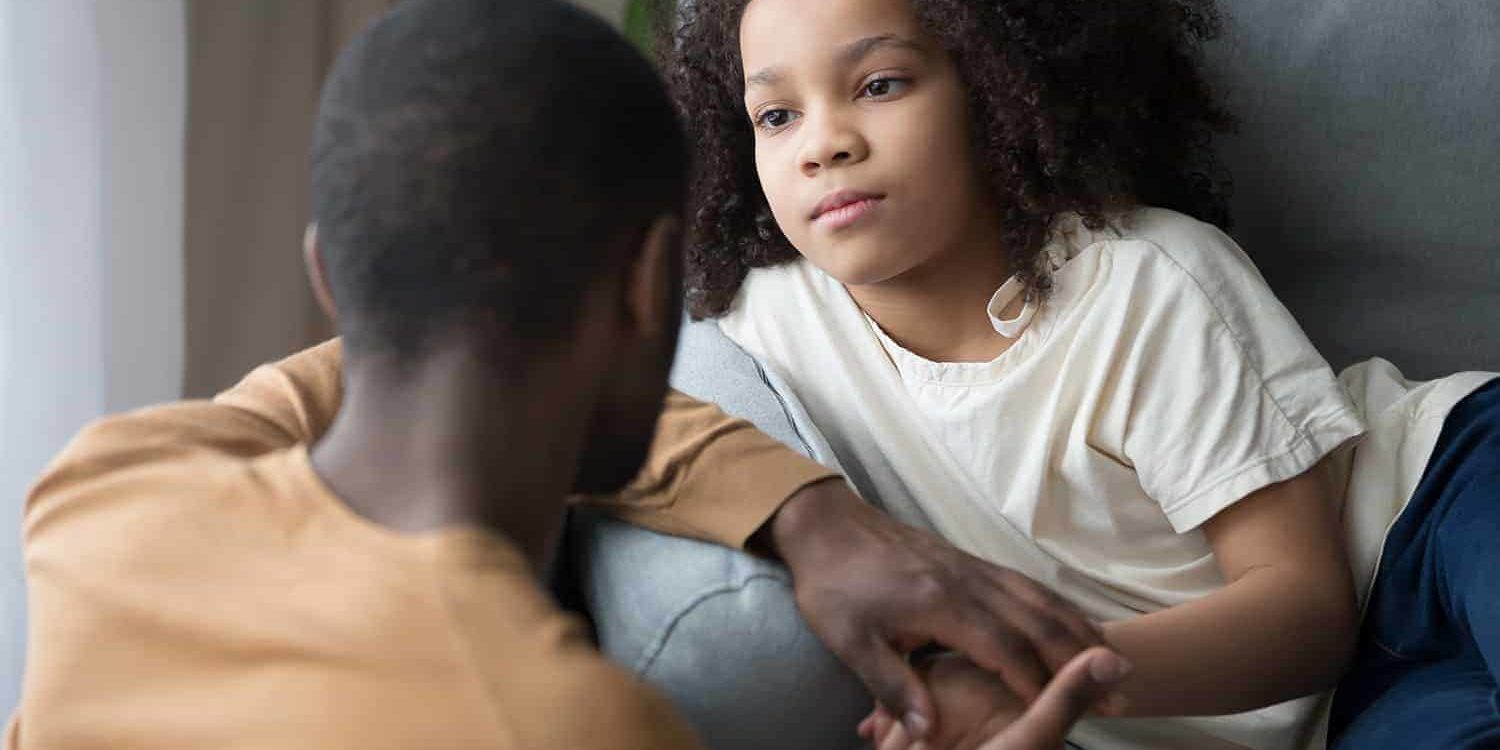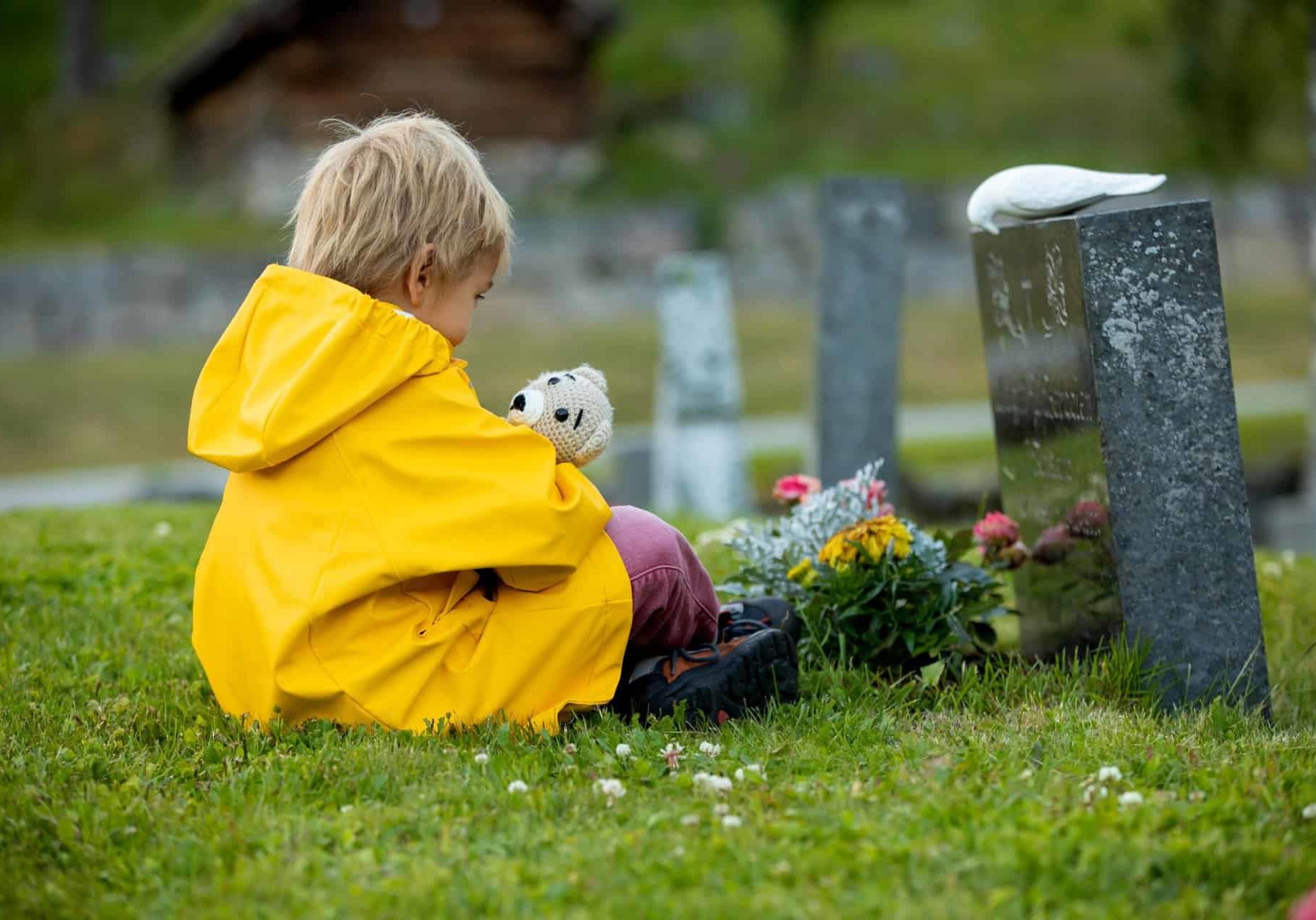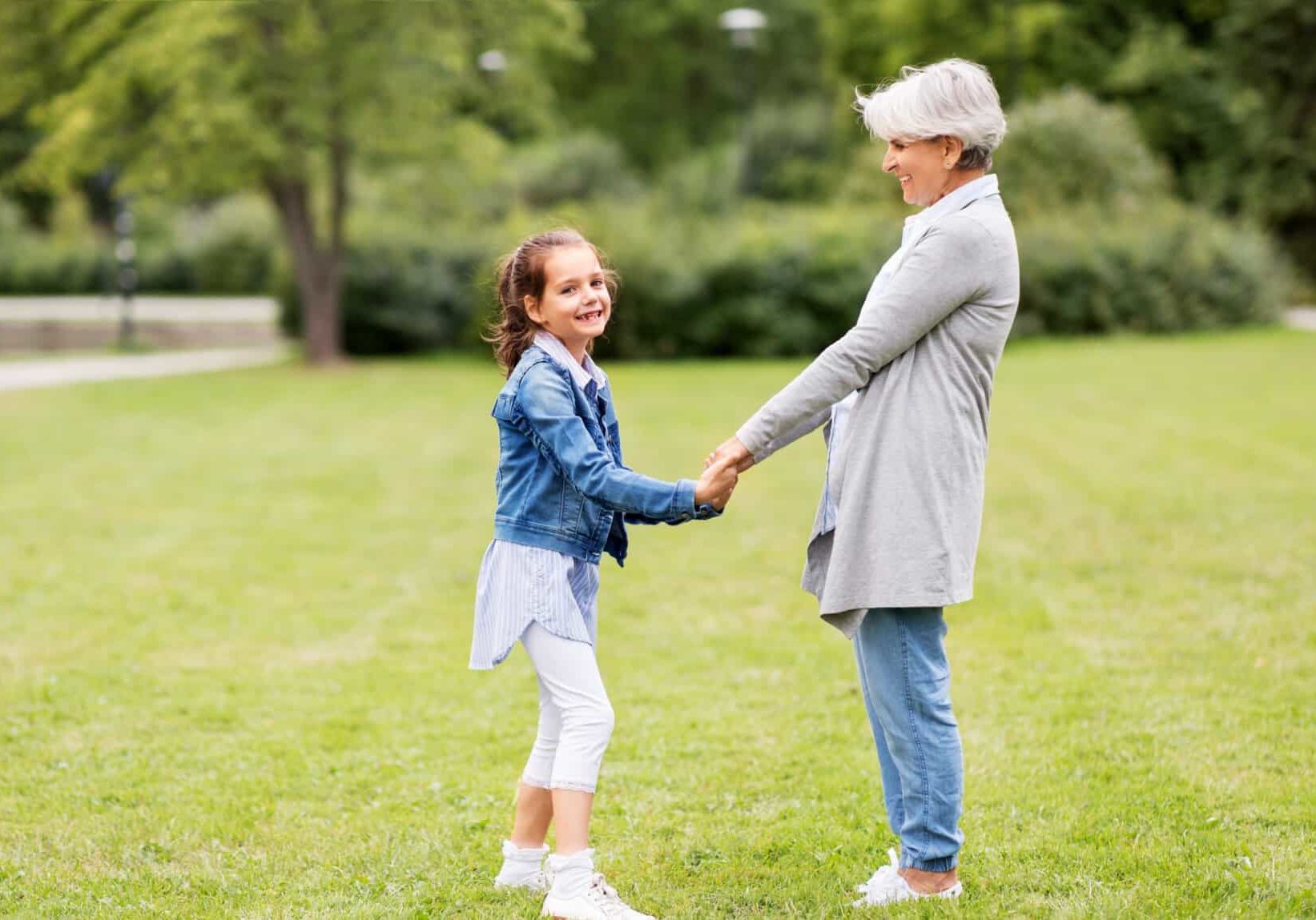Sometimes there are things that happen in this world that affect us more personally that we could have ever imagined. National tragedies such as mass shootings leave families altered, broken, and changed that can leave us feeling unsafe. These events can even impact our own grief journeys with additional feelings to process.
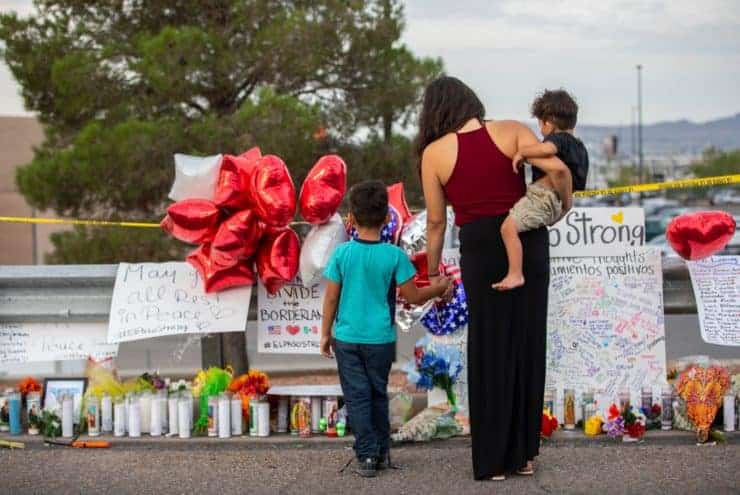
Some may question: are tragedies such as the ones this past month a topic that I need to address with my child(ren), and if so, how do we talk about this as a family without worrying or scaring our children? According to USA Today, there have been 251 mass shootings so far in 2019, making this topic more and more prevalent. Often, talking about tragedies in a honest and caring way, may help children to feel informed, safe, and able to participate in open and trusted communication with their caregivers about any concerns they may have.
In the wake of grief, conversations with children, or as a family can seem intimidating, and it can feel difficult to find the words. Here are a few things you can keep in mind when having these conversations, which help promote connectedness and trust within a grieving household.
- It is important to use language that is cognitively appropriate for the child’s developmental age in order to process the information being given to them. If a child doesn’t understand the information, they may distort their perceptions and adjust the information to what makes sense to them to process. This can create confusion or false facts that the child is then comprehending and accepting as truth. Using age appropriate language will help create more concrete comprehension for the child.
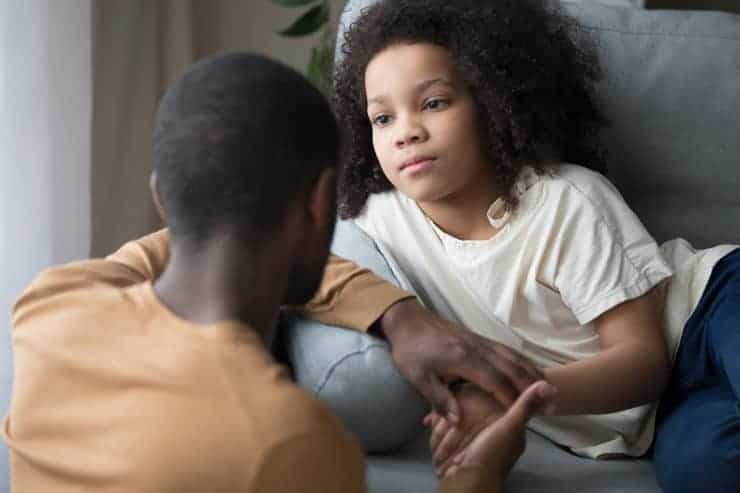
- Providing factual information is crucial when discussing difficult topics with children. If a child is given inaccurate information, their perception of the truth is altered. When the child does find out the truth, they may feel that their caregiver is dishonest, even if the intentions were for protection and well-being of the child. If a child is asking questions about the event, it is important to answer questions as honest as possible. Caregivers can always ask their child questions about what they know about the event and where they heard the information. This allows caregivers to assess their child’s knowledge and concerns of the event and to clarify any questions or concerns a child may have.
- Lastly, even if children were not directly involved in the traumatic event, it may still cause anxiety, a decrease in a sense of security, and additional stress. Being mindful of your child’s exposure to the news and media coverage can help in managing their anxiety. Children and adults have the potential of experiencing secondary trauma symptoms from exposure to media coverage, especially after a traumatic event is covered in depth. When these grief symptoms are becoming apparent, it is important to discuss plans and precautions with your child. This helps to validate their concerns, provide a sense of security, and put a plan in place as a precaution, in case they were to have direct exposure to a similar event.
The topic of mass shootings is one that we wish wouldn’t be a future issue for children and families to work through and discuss, but it is a growing concern. Keeping families on the same page with open discussion, and the ability to ask and answer questions helps to increase unity and trust when those feelings are violated.
As a parent, we want to protect our children. Though all children are not directly affected by mass shootings, our children as a nation are impacted. We as a nation grieve the loss of the many people impacted by such events. Grief symptoms and feelings may become apparent based on exposure to the event, the role one has in the event, and how the event is processed. By creating safe and supportive discussion and formulating a plan to feel safe in the community and schools, we can find a sense of security in the middle of devastation.
Additional Resources:
https://www.nytimes.com/2019/08/06/parenting/parents-mass-shootings-anxiety.html
https://www.nctsn.org/resources/parent-guidelines-helping-youth-after-recent-shooting
https://www.goodmorningamerica.com/wellness/story/talk-kids-mass-shootings-el-paso-dayton-64773749
